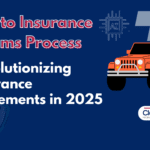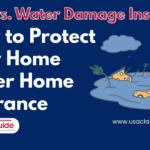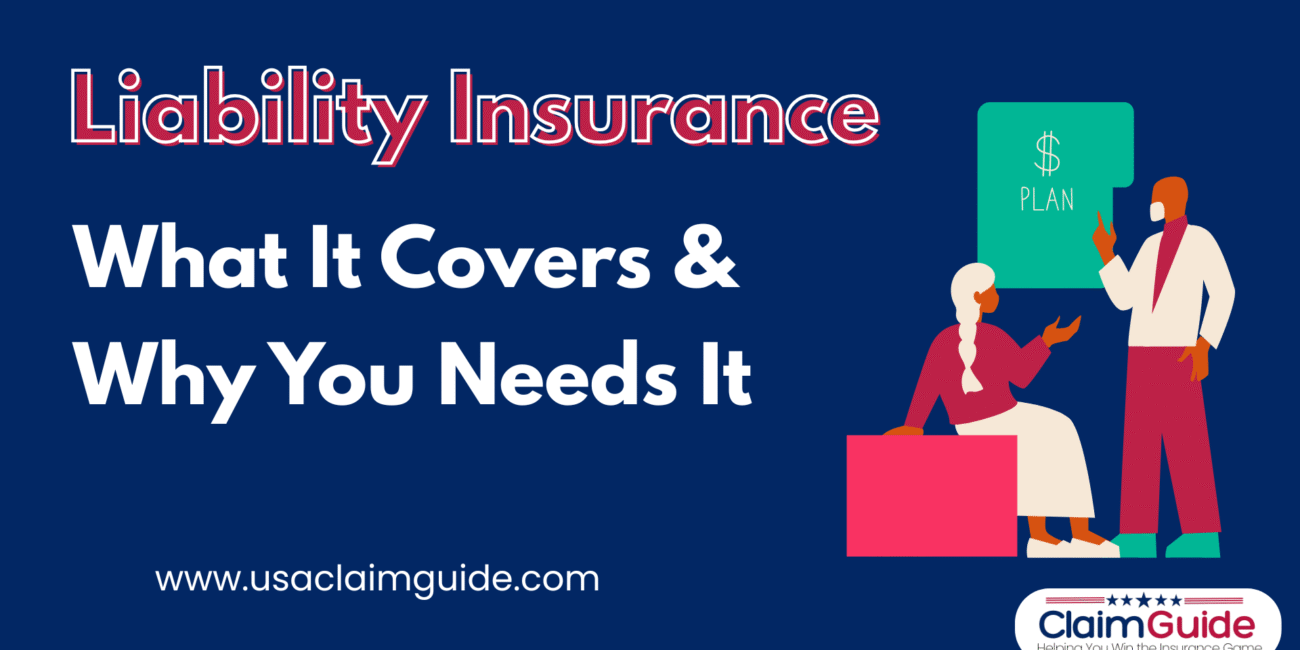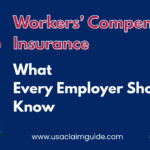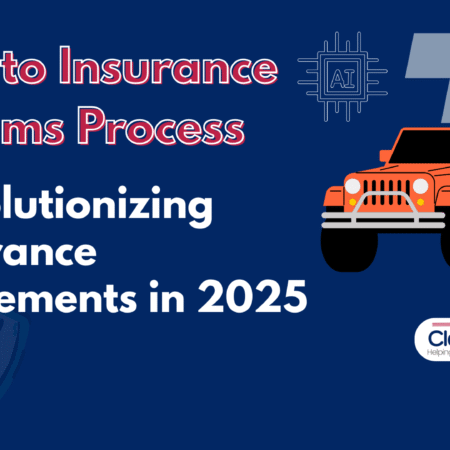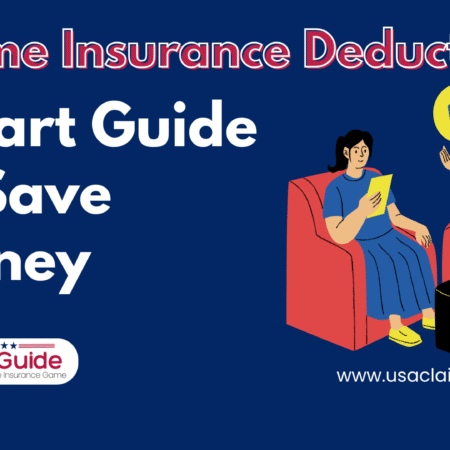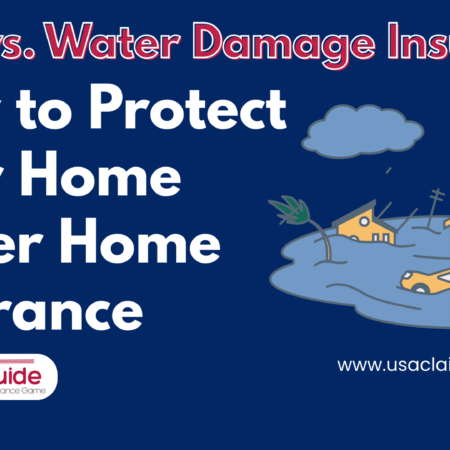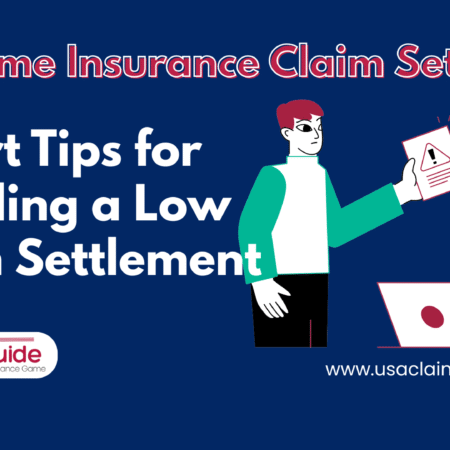In today’s high-risk and highly litigious environment, understanding the importance of affordable liability insurance for small businesses in the U.S. is crucial. Whether you’re a freelance consultant, an independent contractor, or the owner of a growing retail store, even a minor mistake or unexpected incident could result in a costly legal battle. That’s why securing the right liability insurance policy for business protection in the U.S. isn’t just smart it’s often essential.
Unlike traditional property coverage, liability insurance specifically protects your business or personal assets from third-party claims. These claims could include bodily injury, property damage, or even reputational harm such as slander or libel. For many professionals and entrepreneurs, a comprehensive liability insurance plan in the U.S. serves as the backbone of risk management, ensuring that unexpected lawsuits don’t derail long-term goals.
As the demand grows for low-cost general liability insurance for self-employed individuals, insurers are responding with tailored coverage options. These include everything from professional liability insurance for consultants and freelancers to commercial liability policies for retail and service-based businesses. This allows policyholders to select precise levels of protection based on their industry, exposure, and business size.
Moreover, with the increasing popularity of online services and remote work, even digital businesses now face liability risks. From intellectual property disputes to customer dissatisfaction claims, the range of threats is expanding making online business liability insurance in the U.S. more relevant than ever before.
It’s also important to note that liability insurance isn’t limited to business owners. Individuals such as landlords, event organizers, and even dog owners often need personal liability insurance in the U.S. to guard against unforeseen accidents or claims. In many states, carrying basic auto liability insurance is not only advisable but legally required.
With so many variables to consider, knowing how to choose the best liability insurance for your business in the U.S. can feel overwhelming. However, understanding the basics, comparing long-term costs, and working with a reputable insurer can help you make a well-informed decision that safeguards both your present operations and future growth.
Understanding Liability Insurance in the U.S.: A Complete Guide for Individuals and Businesses
In the U.S., liability insurance is more than just a safety net it’s a legal and financial necessity for individuals and especially for business owners. Whether you’re driving a car, running a business, or providing professional services, liability insurance protects you from the financial consequences of claims made against you for causing injury, damage, or losses to others. In this comprehensive guide, we will explore everything you need to know about liability insurance in the U.S., including what it is, why it’s important, what it covers, and how to obtain and claim it online.
What is Liability Insurance?
Liability insurance is a type of coverage that protects individuals and businesses from the financial burden of being held legally responsible for injuries, damages, or losses suffered by third parties. This can include bodily injury, property damage, or personal injuries like defamation or slander.
There are various forms of liability insurance, including general liability, professional liability, product liability, and auto liability insurance, each tailored to different risks and industries.
Why is Liability Insurance Important?
Liability insurance is essential for several reasons:
- Financial Protection: It covers legal defense costs, settlements, and judgments.
- Legal Compliance: Some states and industries mandate specific liability coverage.
- Reputation Management: Having insurance shows professionalism and builds trust.
- Peace of Mind: It helps individuals and business owners operate confidently without fear of financial ruin from unexpected claims.
In a litigious environment like the U.S., where lawsuits can be frequent and expensive, having liability insurance is not just advisable it’s critical.
What Does Liability Insurance Cover?
Liability insurance typically covers:
- Legal fees and defense costs.
- Medical expenses for third-party injuries.
- Property damage caused by the policyholder.
- Settlements or court awards.
- Personal and advertising injury, such as libel or slander.
The specific coverage depends on the policy type and the provider. You can also include optional endorsements based on your business needs.
What Does General Liability Insurance Cover?
General liability insurance is one of the most common forms of liability coverage. It is often the foundational policy for small and medium-sized businesses.
Here’s what general liability insurance in the U.S. typically covers:
- Third-party bodily injury (e.g., a customer slips in your store).
- Third-party property damage (e.g., you damage a client’s property while working).
- Legal defense and court costs.
- Medical payments without the need for a lawsuit.
- Advertising injury (e.g., copyright infringement, slander).
However, general liability does not cover employee injuries (you need workers’ compensation for that), professional errors (covered under professional liability), or intentional acts.
What is Liability Insurance Coverage?
“Liability insurance coverage” refers to the scope and limits of protection your insurance policy offers against third-party claims. It is typically expressed in two main limits:
- Per occurrence limit: The maximum amount the insurer will pay for a single claim.
- Aggregate limit: The total amount the insurer will pay during the policy period.
For example, a policy may provide $1 million per occurrence and $2 million aggregate coverage.

How Much Does Business Liability Insurance Cost?
The cost of business liability insurance in the U.S. can vary widely based on factors like:
- Business type and industry.
- Location.
- Number of employees.
- Revenue.
- Claims history.
- Coverage limits.
On average, small businesses pay between $40 to $70 per month for general liability insurance, which equals around $500 to $850 annually.
Higher-risk businesses, such as construction firms or manufacturers, may pay significantly more.
Liability Insurance for a Business
Liability insurance for a business provides essential protection against third-party claims and lawsuits. This coverage is especially important for businesses that:
- Have customer-facing operations.
- Handle client property.
- Advertise or market services.
- Employ staff or contractors.
Most businesses start with a General Liability Insurance policy and then add specialized coverage like Professional Liability, Product Liability, or Cyber Liability, depending on their exposure and industry.
Also Read: Commercial Property Insurance : What It Covers, How It Works, & Why Your Business Needs It
What Does Liability Insurance for a Business Cover?
Business liability insurance may cover:
- Customer injuries on your premises.
- Damage to customer property caused by your business.
- Lawsuits related to advertising or reputation damage.
- Legal costs, court judgments, and settlements.
It’s crucial to carefully review your policy documents to understand any exclusions, such as employee injuries or professional mistakes, which may require separate policies.
How Much Liability Insurance for a Business Costs
Costs depend on the following:
- Size of the business.
- Industry risk level.
- Claims history.
- Coverage amount desired.
Typical costs for small businesses are:
- General liability: $500–$1,000/year.
- Professional liability: $800–$2,000/year.
- Product liability: Varies significantly, depending on risk level.
You can get tailored quotes from major providers like The Hartford, Nationwide, Progressive Commercial, or Hiscox.
Liability Insurance vs Full Coverage
Here’s how liability insurance differs from full coverage:
| Feature | Liability Insurance | Full Coverage |
|---|---|---|
| Coverage Focus | Third-party injury/damage | Includes liability + damage to your own property |
| Required by law | Yes (for auto insurance in most states) | No |
| Cost | Lower | Higher |
| Protection | Limited | Broader |
In auto insurance, liability coverage is mandatory in most U.S. states, while full coverage includes liability, comprehensive, and collision.

What is Liability Car Insurance Coverage?
Liability car insurance in the U.S. covers the cost of damage or injury you cause to others in an auto accident. It’s broken down into:
- Bodily Injury Liability (BI): Covers medical expenses, lost wages, and legal fees.
- Property Damage Liability (PD): Pays for repairs or replacement of the other party’s property.
Each state sets minimum required limits, though it’s often wise to purchase more than the minimum.
What is Professional Liability Insurance?
Professional liability insurance (also known as Errors and Omissions insurance) protects professionals like doctors, lawyers, consultants, and architects against:
- Negligence claims.
- Misrepresentation.
- Incorrect advice.
- Failure to deliver promised services.
This type of insurance is often required by contracts or regulatory boards, especially in healthcare, finance, and legal sectors.
Where Do I Get My Insurance Certificate?
An insurance certificate is a formal proof of coverage. Here’s how to obtain one:
- Contact your insurance provider or broker.
- Request the certificate via email or your client portal.
- Some providers offer instant digital certificates online.
For businesses, a Certificate of Liability Insurance (COI) is essential for client contracts, lease agreements, and bidding on projects.
How to Claim Liability Insurance Online
Filing a liability insurance claim online is becoming more convenient. Here’s a step-by-step guide:
- Log in to your insurer’s online portal.
- Locate the claims section and select the type of claim.
- Submit documentation, including:
- Incident reports
- Photos or videos
- Witness statements
- Police reports (if applicable)
- Follow up with your adjuster.
- Keep track of claim status and communications.
Top insurers offering online claims include State Farm, Liberty Mutual, and Travelers.
Useful Government Resources for Liability Insurance and Tax in the U.S.
- IRS: Small Business and Self-Employed Tax Center
https://www.irs.gov/businesses/small-businesses-self-employed - Healthcare Providers (for malpractice/professional liability)
https://www.hhs.gov - U.S. Small Business Administration (SBA)
https://www.sba.gov/business-guide/manage-your-business/insurance - NAIC (National Association of Insurance Commissioners)
https://www.naic.org – Offers regulatory insights and consumer guides.
Conclusion
Liability insurance in the U.S. is not just a financial tool it’s a critical part of responsible business and personal management. Whether you’re operating a business, driving a vehicle, or providing professional services, carrying the right type of liability coverage shields you from devastating financial consequences.
To ensure you’re fully protected, regularly review your coverage, assess your risks, and work with a trusted insurance advisor. With increasing legal exposure and evolving industries, staying insured is one of the smartest moves you can make.
Also Read: Employer Life Insurance Explained: What It Covers and What It Doesn’t


